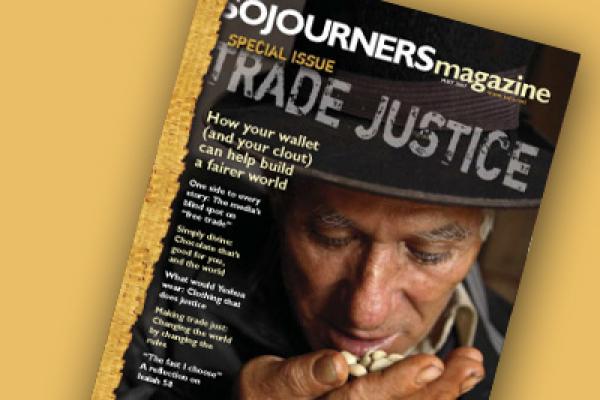On the morning of Jan. 8, 2007, I was driving along a narrow, twisting, two-lane highway through rural Kentucky. I'd delivered my oldest son to school. I was still on Christmas break and returning home to work on a book proposal. The newly elected Ohio Senator Sherrod Brown was on the radio talking about "fair trade." It was morning in America, and despite the grey, sleety sky, I was feeling a rosy patriotic glow. Then National Public Radio's Morning Edition co-anchor Steve Inskeep turned to analyst Cokie Roberts for a comment on the Brown interview, and I almost drove into a goat pen.
Naturally, Inskeep framed the issue as a horse-race question. "Is the notion of cracking down on free trade a winning issue for Democrats?" But Roberts brushed such petty considerations aside and turned loose an ideological tirade. "It is in some states and in some districts, but it's a long-term loser," she said. "It puts them essentially on the wrong side of history with globalization." Having declared the spirit of the age, she continued, "Even though labor unions often lose with trade agreements, consumers gain." Roberts signed off with a stern warning to Brown and anyone else who might buck the corporate trade agenda. "Democrats have to be very careful here .…"
Roberts is, of course, the ultimate insider journalist, and her reporting usually repeats conventional Beltway wisdom. But she's not in the habit of issuing Hegelian pronouncements on the tides of history. Corporate globalization, however, is covered by a different set of journalistic rules. When it comes to the supposed benefits of "free trade," virtually all of the mainstream media have, for the past 15 years, shed their customary skepticism, embraced corporate economic orthodoxy, and brooked absolutely no dissent.
Read the Full Article

